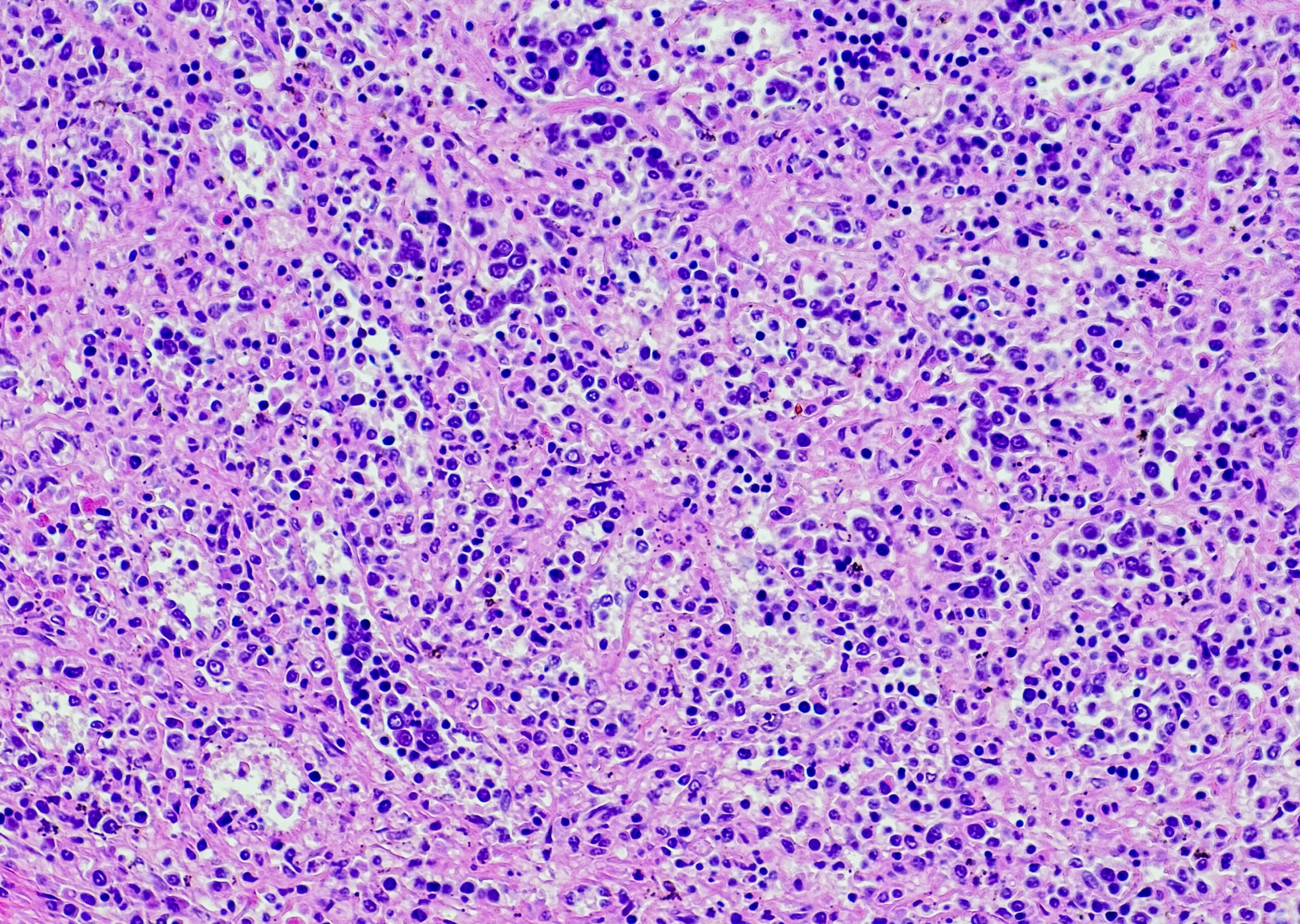Sleep disorders are often associated with pronounced daytime sleepiness, difficulty concentrating and increased feelings of stress. Diagnosis is generally based on the clinical history; if necessary, an actigraphy or polysomnigraphy can also be informative. Cognitive behavioral therapy (CBT-i) is recommended as a first-line treatment for chronic insomnia in both the current European guidelines and the German guideline updated in 2025. Digital tools can support treatment. If medication is used, there are a few things to bear in mind.
Autoren
- Mirjam Peter, M.Sc.
Publikation
- HAUSARZT PRAXIS
Related Topics
You May Also Like
- Phytotherapy for rhinosinusitis
Evidence, active substances and clinical classification for medical practice
- Pulmonary hypertension
PH and lung diseases
- Contact eczema
Causes and prevention at work
- Respiratory infections: viral bronchitis or bacterial pneumonia?
Old crucial question in the light of current findings
- What biomarkers reveal about "biological youth" - and what not (yet)
Epigenetic ageing
- Amyotrophic lateral sclerosis and nutrition
Calorie optimization in ALS through digital intervention
- "Forgotten axis" between plant substances, gut and systemic health
Microbiome and phytotherapy
- HIV: updated EACS guideline











